Jute stick charcoal, derived from the byproduct of jute cultivation, is emerging as an environmentally friendly and versatile material with significant potential across various industries.
From its use in the production of eco-friendly inks to its application in water purification and energy generation, jute stick charcoal is increasingly recognized for its sustainable qualities. This article explores the diverse applications of jute stick charcoal, emphasizing its role in the ink industry and other sectors where it holds the greatest potential.
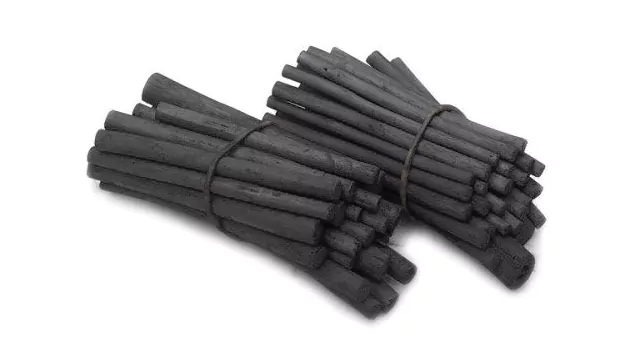
Jute Stick Charcoal in the Ink Industry:
An Eco-Friendly Alternative
The ink industry, traditionally reliant on petroleum-based products, is under increasing pressure to adopt sustainable practices. Jute stick charcoal offers a viable alternative as a key ingredient in the production of eco-friendly inks. The carbon-rich nature of jute stick charcoal makes it an ideal base for ink manufacturing, providing both environmental benefits and cost efficiency.
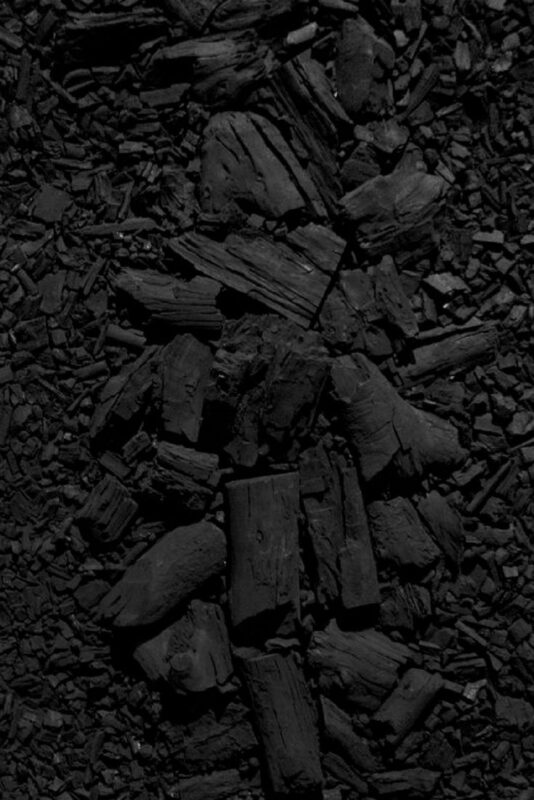
Carbon Content:
Jute stick charcoal has a high carbon content, typically ranging between 75-85%, depending on the pyrolysis process. This high carbon content contributes to the deep black pigment that is essential in ink production, offering a sustainable alternative to conventional carbon black.
Eco-Friendly Production:
The production of jute stick charcoal is a low-emission process compared to the production of traditional carbon black. According to a study published in the Journal of Cleaner Production, the carbon footprint of jute stick charcoal production is significantly lower, making it a more sustainable choice for ink manufacturers.
Cost Efficiency:
Jute stick, being an agricultural byproduct, is abundant and inexpensive. This cost advantage translates into lower production costs for jute stick charcoal, making it a competitive alternative in the ink industry.
The shift towards sustainable materials in the ink industry is driven by both environmental regulations and consumer demand for greener products. Jute stick charcoal, with its high carbon content and eco-friendly production process, is poised to become a key player in the transition to sustainable ink production.
Industrial Applications of Jute Stick Charcoal:
Beyond Ink Production
While the ink industry is a significant market for jute stick charcoal, its potential extends far beyond. The material’s unique properties make it suitable for various industrial applications, particularly in sectors that prioritize sustainability and resource efficiency.
Water Purification:
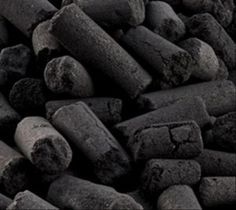
One of the most promising applications of jute stick charcoal is in water purification. The porous structure of jute stick charcoal allows it to adsorb impurities, including heavy metals and organic pollutants, from water. A study by the Environmental Science & Technology Journal demonstrated that jute stick charcoal could remove up to 95% of lead and cadmium from contaminated water, making it an effective and affordable option for water treatment, particularly in developing countries.
Energy Storage:
Jute stick charcoal is also being explored for its potential in energy storage. Its high surface area and conductivity make it a suitable material for use in super capacitors, which are essential components in energy storage systems. Research published in the Journal of Energy Storage indicates that jute stick charcoal-based super capacitors exhibit a specific capacitance of 120 F/g, comparable to those made from conventional activated carbon.
Agriculture: In agriculture, jute stick charcoal is used as a soil amendment, known as bio char. Bio char improves soil fertility by enhancing nutrient retention and reducing soil acidity. Additionally, it helps sequester carbon, contributing to climate change mitigation efforts. Studies have shown that the application of jute stick charcoal can increase crop yields by up to 20%, making it a valuable resource for sustainable farming practices.
The versatility of jute stick charcoal makes it a valuable resource across these diverse industries. Its environmental benefits, combined with its effectiveness in various applications, position it as a key material in the global shift towards sustainability.
The Growing Popularity of Jute Stick Charcoal:
Market Trends and Future Prospects
The growing popularity of jute stick charcoal is driven by the global demand for sustainable materials and the increasing recognition of its environmental benefits. This has led to a surge in research and development efforts aimed at expanding its applications and improving its production processes.
Market Growth:
The global market for activated charcoal, including jute stick charcoal, is expected to grow at a compound annual growth rate (CAGR) of 8.2% from 2023 to 2030, according to a report by MarketsandMarkets. This growth is fueled by the rising demand for sustainable products in industries such as water treatment, energy storage, and agriculture.
Government Support: In jute-producing countries, governments are increasingly recognizing the potential of jute stick charcoal as a sustainable resource. For instance, the government of Bangladesh has launched initiatives to promote the use of jute stick charcoal in various industries, including providing subsidies for jute stick charcoal production facilities.
Research and Innovation: Ongoing research and innovation are critical to unlocking the full potential of jute stick charcoal. Universities and research institutions are exploring new ways to enhance its properties and discover novel applications. For example, research is underway to develop jute stick charcoal-based materials for use in advanced energy storage systems, such as lithium-ion batteries.
As these trends continue, the popularity of jute stick charcoal is expected to grow, particularly in industries that prioritize sustainability. Its environmental benefits, cost-effectiveness, and versatility make it an attractive option for companies seeking to reduce their environmental impact while maintaining high-performance standards.
Conclusion:
Jute Stick Charcoal – A Green Solution for Diverse Industries
Jute stick charcoal, a sustainable and versatile material, is emerging as a valuable resource across various industries. From its use in eco-friendly ink production to its application in water purification, energy storage, and agriculture, jute stick charcoal offers a green solution to some of the world’s most pressing challenges. As research and innovation continue to expand its potential, jute stick charcoal is poised to play a significant role in the global shift towards sustainability.
The growing market for jute stick charcoal, supported by government initiatives and increasing consumer demand for eco-friendly products, underscores its importance in the future of sustainable industrial practices. Whether in the ink industry, water purification, or energy storage, jute stick charcoal presents a promising future, offering a sustainable alternative to traditional materials.
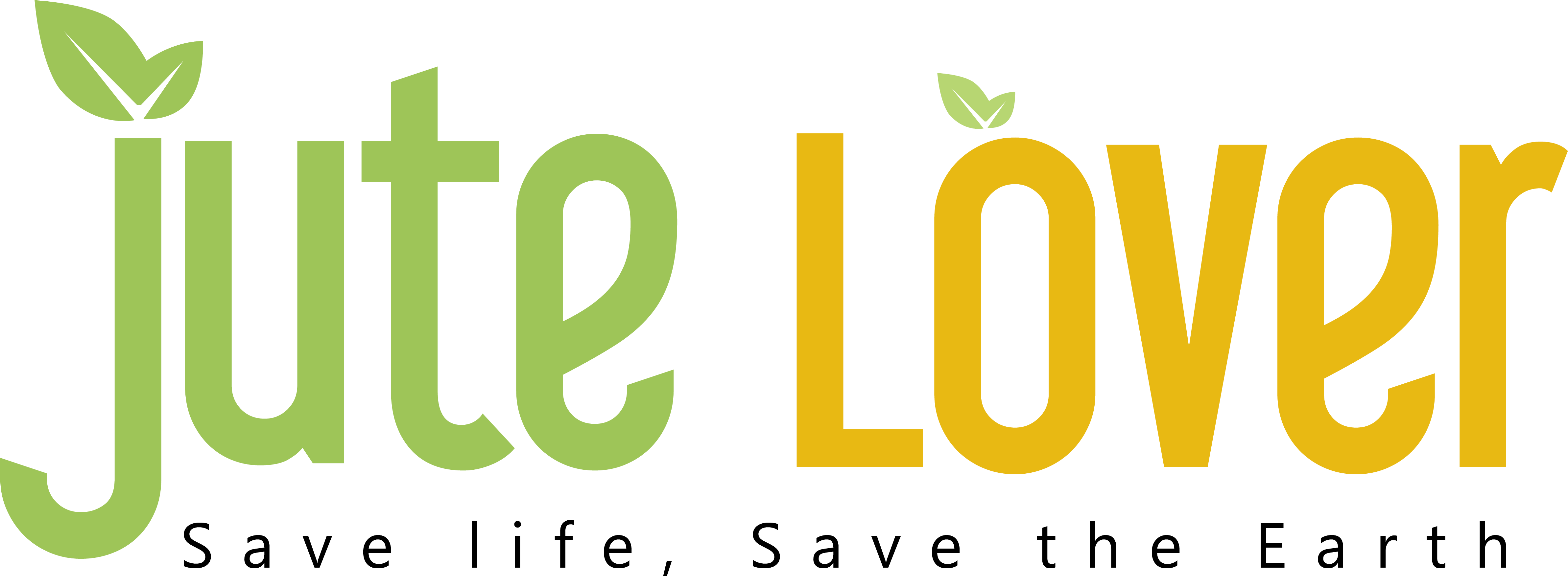
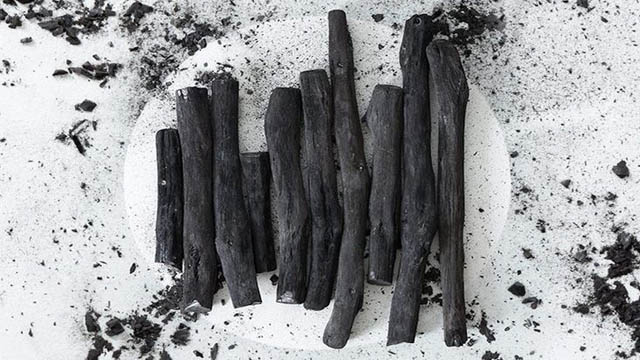
 Jute Rugs
Jute Rugs